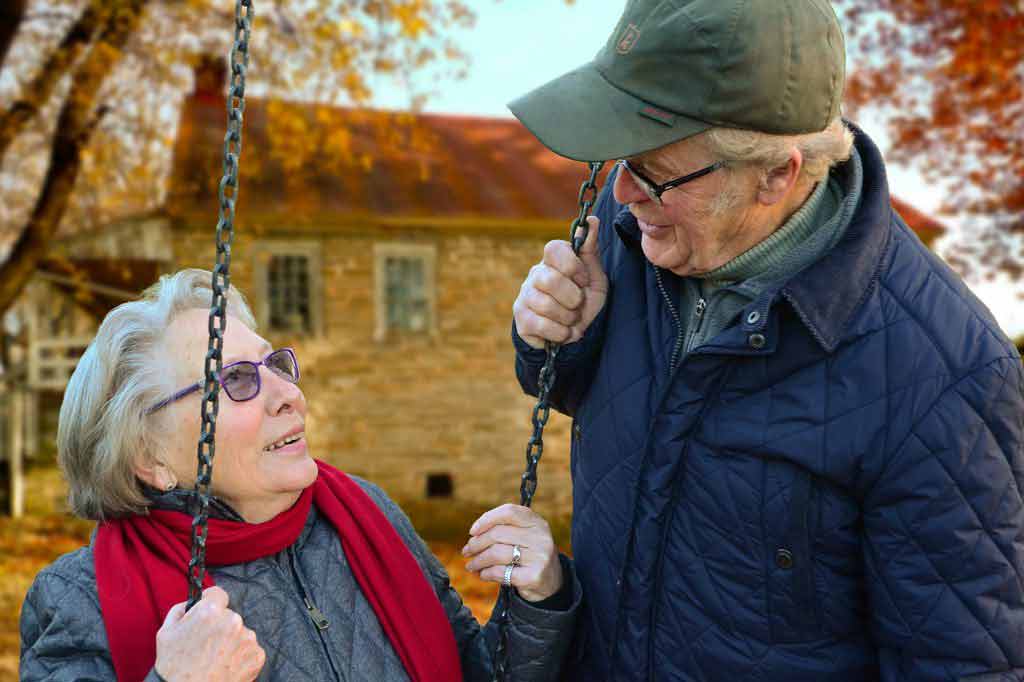Sleep and diabetes
Genetics and stem cells
“People who can’t get a good night’s sleep could be at greater risk of developing diabetes,” the Daily Mail reported. It said researchers believe that a mutant gene
“People who can’t get a good night’s sleep could be at greater risk of developing diabetes,” the Daily Mail reported. It said researchers believe that a mutant gene affecting the body clock could be the cause. The mutation not only affects levels of melatonin, a hormone that responds to daylight and darkness, but also affects insulin levels, which control blood sugar. The newspaper said the mutation’s presence increases the “chance of developing diabetes by 20%”.
Although this large collaboration of researchers did identify a variation near a melatonin gene that seems related to diabetes, it is unlikely to be a “causal” variant. This is because it lies within a non-coding DNA region (i.e. it is a piece of DNA that does not contain instructions for making protein).
In addition, the study did not look at whether the variant has any effect on sleep patterns, making the claim that poor sleep causes diabetes an oversimplification of a complex picture. Type 2 diabetes is likely to be caused by several genetic and environmental factors. Poor diet, high blood pressure and being overweight are all well known risk factors.
Where did the story come from?
Dr Inga Prokopenko and colleagues from the University of Oxford, and other academic and medical institutions across the UK, the US, Iceland, the Netherlands, Finland, Sweden and Germany, collaborated on this study. It was published in the peer-reviewed scientific journal Nature Genetics .
What kind of scientific study was this?
The amount of sugar (glucose) in blood fluctuates throughout an individual’s day and varies between people. In diabetics, these levels fluctuate more widely. It is important to control blood glucose levels in diabetics because over a sustained period of time, high levels can damage blood vessels and poor blood glucose regulation is linked to serious health problems.
This study combined the results from several genome-wide association scans, adjusting where necessary for some differences between the original studies. The researchers’ aim was to pool the evidence about the genetic variations that might play a part in controlling blood glucose levels in healthy people. They cite growing evidence that the genes responsible for this variation are different to those that lead to type 2 diabetes.
Several different groups of researchers shared data about the associations they had found between particular DNA variations (SNPs) and fasting glucose levels in various populations. A person’s fasting glucose level is often used as a test of how their body regulates blood sugar levels. It involves measuring blood glucose after an overnight fast on two separate occasions.
Further exploration of the effect of these particular variants on the risk of type 2 diabetes was done through combining data from 13 case-control studies from Europe and the UK. In total, these studies included 18,236 people with type 2 diabetes and 64,453 controls without the condition. This approach allowed the researchers to investigate whether the variant in the melatonin gene was more common in people with type 2 diabetes compared to people without the disease.
What were the results of the study?
The researchers found that several studies reported significant associations between fasting glucose levels and variants around three particular genes – G6PC2, GCK and MTNR1B. The G6PC2 and GCK variants have previously been reported, but pooling the studies also confirmed a link between a particular variant at one point around the MTNR1B gene – called rs10830963 – and blood glucose levels in healthy people and in people with type 2 diabetes. The MTNR1B gene codes (or gives instructions) for a receptor of melatonin in the body. Healthy people with one copy of the high-risk variant at the rs10830963 location had fasting blood glucose levels that were slightly higher on average than people who had no copies of the variant (0.07 millimoles per litre higher).
The combined data from the 13 case-control studies showed that people with this variant were 1.09 times more likely to have type 2 diabetes. The researchers reported that although this result was not statistically significant, the effect seems highly probable.
What interpretations did the researchers draw from these results?
The researchers conclude that their study has brought the number of common variants affecting fasting glucose levels in healthy people to four - three of which have been detected in the present study. One of these variants lies within a gene that is responsible for melatonin receptors in cells, and is also associated with an increased risk of type 2 diabetes.
What does the NHS Knowledge Service make of this study?
The genome-wide association studies that underpin this pooled analysis of results are complex. Through them, the researchers have confirmed previous findings of an association between two DNA variants and the likelihood of having diabetes. They have also found a new potential association with a variation near a gene that is also responsible for melatonin regulation in the body. They say that this brings the potential number of genetic variants linked to diabetes to four (they mention a fourth variant but do not identify it in their write-up). The researchers go on to discuss why it is biologically plausible that a mutation in a gene coding for melatonin may affect glucose metabolism.
Type 2 diabetes is a complex disorder and does not have a single genetic cause. Instead, several genes are thought to have an effect, as well as environmental factors such as obesity. The finding that a particular variant in the MTNR1B gene is associated with type 2 diabetes does not necessarily mean that it is causing the disease. This is evident by the fact that the variant - rs10830963 - is located in a region that does not translate directly into a protein, and does not seem to affect how the gene works. Therefore, the variant itself is unlikely to have any direct effect and may simply be situated near another DNA variant that is.
In addition, the study did not explore whether any of the variations looked at were associated with alterations in people’s biological clocks or sleep patterns. While it is possible that there is a link between problems in the melatonin gene and glucose regulation, the claim that poor sleep causes diabetes is an unsupported extrapolation of these results.
Importantly, the four variants discussed by the researchers account for only 1.5% of the natural variation in healthy people’s blood glucose levels, indicating that there are additional variants to be found. This means that the causes of the variations seen remain largely unknown. Further studies will need to be done to identify which genes are having the effect on blood glucose and type 2 diabetes. Once these have been identified, they may open up new approaches to treatment, though this will be some time away.
Sir Muir Gray adds...
Walking an extra 30 minutes - or even better - 60 minutes a day, will both improve sleep and reduce the risk of type 2 diabetes.






 Subscribe
Subscribe Ask the doctor
Ask the doctor Rate this article
Rate this article Find products
Find products







